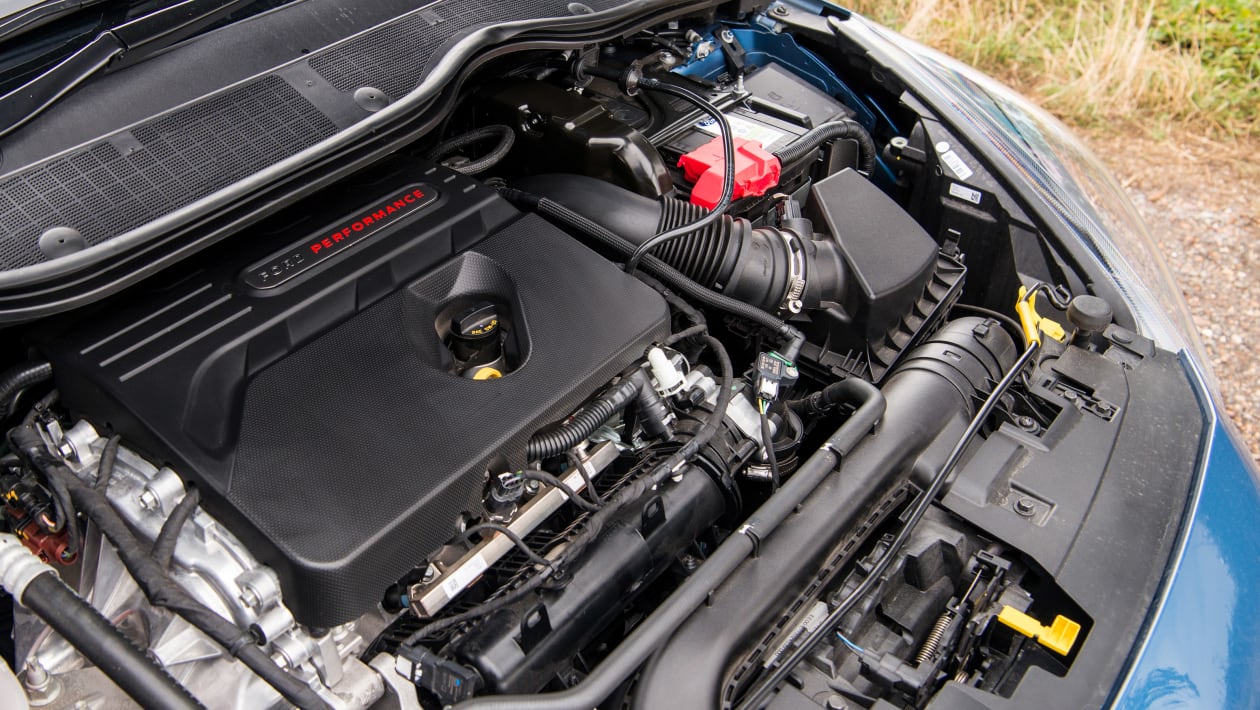Unlocking the Power of Engines: A Comprehensive Overview to Efficiency and Efficiency
Comprehending the detailed mechanics of engines is vital for both performance lovers and daily drivers. The responses may redefine our strategy to engine performance and performance in ways that are both enlightening and essential.
Recognizing Engine Basics
What comprises the fundamental auto mechanics of an engine? At its core, an engine is a machine made to transform gas into mechanical energy via a collection of controlled surges or combustion processes.
The crankshaft after that transforms this linear movement into rotational energy, which eventually powers the car. The camshaft manages the opening and closing of the shutoffs, regulating the intake of air and gas and the expulsion of exhaust gases. In addition, the engine relies upon a meticulously calibrated fuel-air combination, ignition system, and cooling down system to ensure optimal efficiency and effectiveness.
Comprehending engine essentials also includes recognizing the value of engine cycles, such as the four-stroke cycle, that includes intake, exhaust, compression, and power strokes. Each phase is vital in guaranteeing the engine operates smoothly and effectively. Proficiency of these fundamental mechanics prepares for discovering extra complicated engine dynamics and efficiency metrics, crucial for enhancing both power output and effectiveness.
Trick Efficiency Metrics
Key efficiency metrics are important for assessing an engine's effectiveness and power output, giving beneficial insights for both customers and producers. These metrics function as benchmarks for engine efficiency, enabling informed choices in production, layout, and investing in.
Among the main metrics is horse power, which quantifies the engine's ability to carry out work over time. Torque, determined in pound-feet, is another important metric that suggests the engine's rotational force, straight influencing velocity and hauling capability. Fuel performance, commonly determined in miles per gallon (MPG) or litres per 100 kilometers (L/100km), examines exactly how effectively the engine transforms gas into movement, impacting environmental considerations and functional costs.
Furthermore, thermal efficiency steps how well an engine transforms gas power into valuable work, revealing understandings into energy losses largely with warmth. Exhaust levels, including CO2 and NOx, are likewise crucial, reflecting the engine's ecological influence and conformity with regulative requirements.

Tuning Strategies for Effectiveness
Tuning strategies play a considerable function in boosting engine efficiency by optimizing performance metrics recognized in earlier conversations (ford fiesta engine). Numerous techniques exist to fine-tune an engine, each contributing to enhanced fuel economic situation and minimized exhausts
One effective method is readjusting the air-fuel ratio, making sure the engine runs within the optimum burning program. A leaner blend can improve fuel efficiency, yet it needs to be balanced to stop misfires or engine knock. Furthermore, reprogramming the engine management system can recalibrate specifications such as ignition timing, which additionally boosts effectiveness while keeping power result.
An additional crucial approach involves customizing the consumption and exhaust systems. Updating to high-performance air filters and exhaust headers can minimize back pressure, facilitating better air look here movement. This allows the engine to take a breath more openly, resulting in improved burning effectiveness.
Furthermore, the application of innovative tuning devices, like dyno screening, gives exact data that allows targeted modifications. Routinely monitoring these performance metrics ensures that adjusting initiatives yield the desired performance end results. Collectively, these techniques not just strengthen engine efficiency yet likewise add to lasting sustainability in engine operations.
Maintenance for Optimum Performance
Regular engine upkeep is essential for accomplishing ideal performance and long life. A well-kept engine not only operates successfully but additionally decreases the risk of costly repair work and break downs. Secret parts calling for normal focus include oil, filters, belts, and ignition system.
Altering the engine oil at suggested intervals is important, as oil lubes moving components and protects against overheating. In a similar way, replacing oil and air filters guarantees that impurities do not hinder engine feature. Overlooking these components can bring about decreased efficiency and prospective engine damage.
In addition, evaluating and changing worn belts and hoses is important to avoid sudden failings. Timing belts, specifically, ought to be replaced according to the manufacturer's routine to stay clear of disastrous engine damage.
Ignition system must additionally be examined and replaced as needed, since they play an essential duty in ignition and fuel effectiveness.
Future Fads in Engine Innovation
Welcoming improvements in innovation, the future of engine layout is poised to revolutionize performance and effectiveness throughout different applications. Hybrid and fully electrical powertrains are becoming significantly conventional, offering decreased exhausts and boosted gas effectiveness.
Additionally, technologies in materials scientific research are resulting in lighter, stronger components that improve engine efficiency while decreasing energy intake. Advanced production techniques, such as 3D printing, permit the production of complicated geometries that boost airflow and thermal monitoring, therefore maximizing combustion procedures.
Additionally, the combination of man-made knowledge and equipment knowing is established to dig this transform engine diagnostics and efficiency adjusting. These modern technologies can analyze huge quantities of information in real time, allowing predictive upkeep and tailored performance enhancements.
Verdict
In conclusion, opening the power of engines needs a complete understanding of their technicians and efficiency metrics. Executing reliable adjusting methods and sticking to routine upkeep techniques dramatically boost engine abilities. As the vehicle landscape evolves, embracing future trends in technology, consisting of electrification and special info progressed production, will be vital for maximizing efficiency and effectiveness. This detailed method not only advantages enthusiasts however also contributes to sustainable services in the world of auto engineering.
Furthermore, the engine relies on a very carefully calibrated fuel-air mix, ignition system, and cooling down system to make certain optimal efficiency and effectiveness.
Recognizing engine basics additionally entails acknowledging the significance of engine cycles, such as the four-stroke cycle, which consists of intake, exhaust, compression, and power strokes. Mastery of these essential technicians lays the groundwork for checking out a lot more complex engine dynamics and performance metrics, vital for enhancing both power output and effectiveness.

Accepting innovations in technology, the future of engine style is positioned to reinvent efficiency and efficiency across numerous applications.